Sleep Hygiene
Sleep hygiene refers to healthy habits, behaviours and environmental conditions that can be modified to improve sleep quality and quantity. The importance of sleep cannot be overstated. Adequate sleep is essential for our physical health, mental health and overall quality of life.
Attention to both daytime and pre-bed routines can help to promote consistent, uninterrupted sleep. Important factors to consider include:
Consistency
Consistency in schedules. A fixed wake up time, on both weekdays and weekends, helps our bodies establish a set cycle.
A target bedtime should also be consistent and based off of our fixed wake up time. Adults should aim to sleep 7 to 8 hours per night.
Make sleep a priority. Avoid the temptation to deviate from your set wake up time and bedtime except on infrequent occasions.
Establish a consistent night time routine. This will help your brain to recognize that it is time for bed. Begin your night time routine 30 to 60 minutes before you wish to be in bed.
Avoid overdoing it with naps. Try to limit naps to the early afternoon and avoid napping for greater than 30 minutes.
Habits
Avoid smoking. Nicotine stimulates the body in ways that disrupt the sleep cycle.
Avoid caffeinated beverages later in the day.
Alcohol intake should be moderated. Alcohol consumption should be avoided later in the evening. While alcohol may help you fall asleep faster, once it’s effects wear off, it can begin to negatively impact sleep.
Avoid eating dinner late. Food consumption before bed should be limited to a light snack.
Energy
Limit physical and mental activity before bed. Aerobic activity increases both energy levels and body temperature. As such it should be avoided in the one to two hour window preceding sleep. Light stretching or yoga are better physical activities before bed. Decreasing mental stimulation pre sleep is also very important. Factors to consider include: avoiding devices 30 to 60 minutes before bed, avoiding emotional conversations pre bed, writing down any worrying thoughts or “To Do List” items may also help lighten your mind.
Implement calming measures. Different approaches work for different people. Ideas include: soft, soothing music, reading, stretching/yoga, meditation, breathing techniques, a warm bath or shower. Massage and heat compresses, for tight/sore muscles, may also prove helpful.
Limit bed use to sleep and sex. Train your mind to not associate your bed with any other forms of activity.
The bedroom should be calm and inviting. Consider the following:
Comfortable mattress, pillow, sheets and blanket. Some research supports use of a weighted blanket to help decrease anxiety and insomnia.
Block out bright lights. Bright lights may hinder the production of melatonin, a hormone the body produces to aid sleep. This is another reason why devices should be avoided pre bed. Consider black out curtains, blinds, eye masks.
Limit noise – consider using a white noise machine, fan, or ear plugs.
Calming scents can prove helpful for some (i.e.: lavender).
Room temperature should be cool but comfortable (recommended range is between 15.6 and 19.4 degrees Celsius).
If still awake after 20 minutes, get up and engage in some calming activity (i.e.: reading, meditating, listening to music, etc.). Once you begin to feel sleepy, return to bed.
Daytime habits factor in too!
Sufficient exposure to natural light, during the day, will help with regulating your sleep cycle. Physical exercise during the day will also facilitate improved sleep. As little as 30 minutes of daily aerobic exercise can have far reaching health benefits including better sleep.
Optimal sleep hygiene varies between individuals and sleep hygiene practices should be tailored accordingly. On a very positive note, improved sleep hygiene is essentially risk free and inexpensive! The above suggestions may not be sufficient to help individuals with more serious insomnia. If sleep issues persist, consult a medical professional or come see us for Physiotherapy related treatment suggestions.
Written by: Kerri Graham, BScPT, CAFCI, Dry Needling Certified



